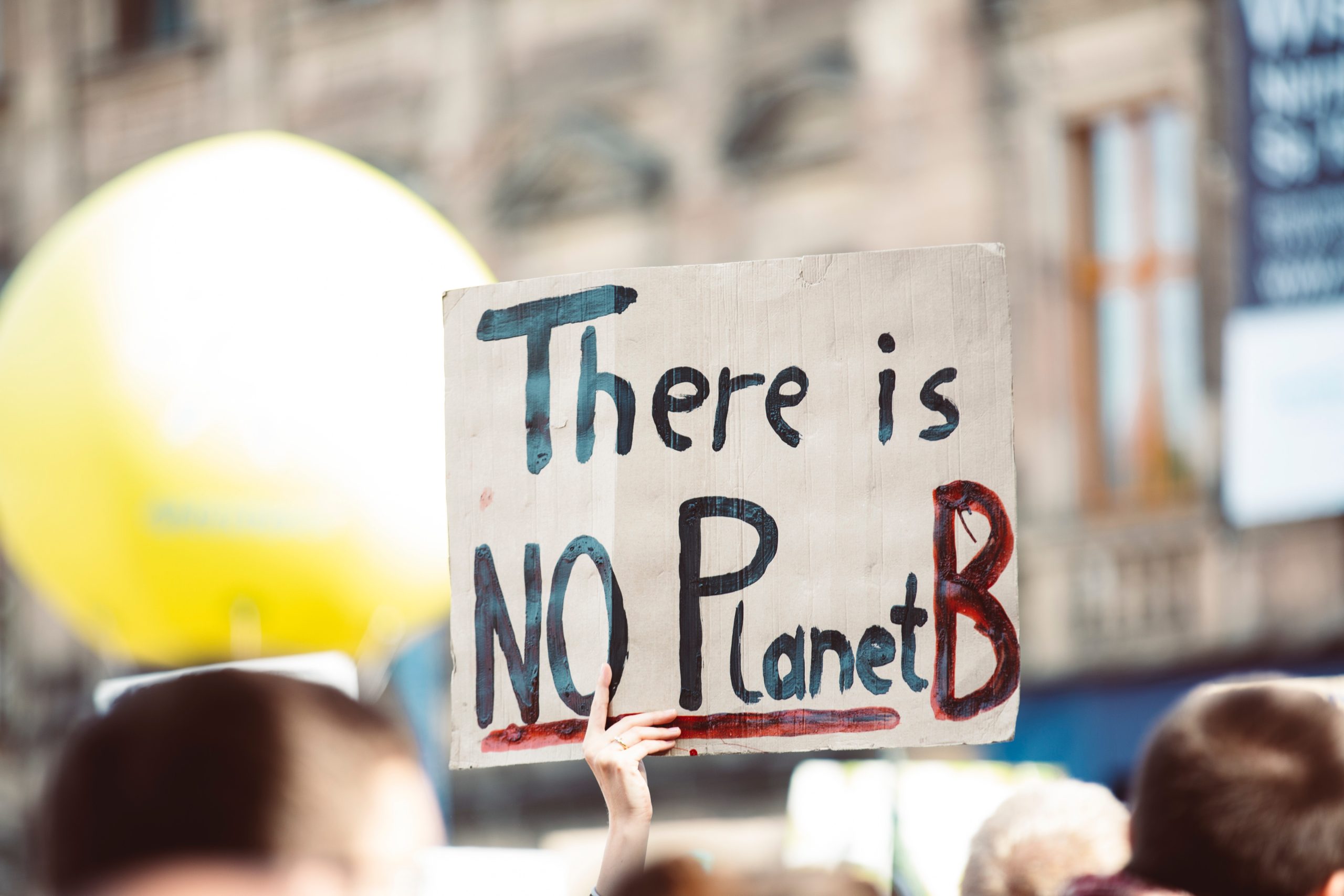It’s been hot here in Pasadena this past month! And as the weather heats up and the threats of wildfires loom, the number of people seeking climate anxiety treatment in Pasadena increases.
Climate change is not just an environmental issue; it is also a pressing concern for mental health. As we witness escalating environmental changes, individuals across the globe are experiencing a range of emotions, from anxiety to despair. In this blog post, we will explore the adverse effects of climate change on mental well-being and the importance of seeking therapy to cope with climate anxiety.
Understanding the Psychological Toll of Climate Change
Climate change is linked to a rise in natural disasters, extreme weather events, and the loss of biodiversity. Witnessing these events can lead to eco-anxiety, a type of anxiety rooted in environmental concerns. Individuals may feel overwhelmed, helpless, or even experience symptoms of post-traumatic stress disorder (PTSD) due to exposure to climate-related disasters, either directly or indirectly.
The Emergence of Climate Anxiety
Climate anxiety, a subset of eco-anxiety, has become a prevalent issue as the effects of climate change intensify. Constant media coverage of environmental crises and the uncertainty of the future contribute to a state of heightened worry and fear. Climate anxiety may manifest as insomnia, irritability, and a sense of hopelessness about the future.
Climate Change and Public Health
Beyond individual experiences, the impact of climate change on mental health extends to public health. Heatwaves, droughts, and extreme weather events can disrupt communities, causing collective trauma and exacerbating mental health issues. Vulnerable populations, such as low-income communities and frontline workers, are particularly affected.
Climate Change and Interpersonal Relationships
The mental health effects of climate change extend beyond individuals and communities to interpersonal relationships. Fear and anxiety about the future can strain personal connections and lead to social withdrawal. Moreover, disagreements over environmental issues can create tension within families and friendships.
Coping Strategies for Climate Anxiety
To mitigate the negative mental health impact of climate change, individuals can employ coping strategies to build resilience. These strategies may include practicing mindfulness, seeking social support through eco-conscious communities, and engaging in climate activism to foster a sense of empowerment.
Climate Anxiety Therapy in Pasadena
If you are experiencing climate anxiety in Pasadena, we are here to support you. Schedule a free consultation for therapy on climate anxiety with our experienced counselors. Our team specializes in eco-psychology and offers a safe space to explore your feelings and concerns about climate change’s impact on your mental well-being. Take the first step towards reclaiming your mental health and building a sustainable future for yourself and the planet.
Conclusion
The consequences of climate change go beyond environmental degradation, significantly impacting mental health. As we witness the effects of climate change unfold before our eyes, it is essential to recognize the psychological toll it takes on individuals and communities. Climate anxiety is a real concern that warrants attention and support. By seeking therapy and engaging in coping strategies, we can build resilience and face the challenges of climate change with a stronger mindset. Let us come together in Pasadena to address climate anxiety and pave the way for a mentally healthier and sustainable future.
Other Services Offered by California Integrative Therapy
Eco Therapy isn’t the only service we offer at our California-based therapy office. Other services offered include couples therapy, depression treatment, individual therapy, anxiety treatment, trauma therapy, somatic therapy, affair recovery, and group therapy. We provide services from our Sacramento, CA, and Pasadena, CA locations. We also serve all of California via online therapy. For answers to any of your questions, feel free to visit our FAQ page!










